Overview
Water is essential for life and yet more than 40% of the world suffers from water scarcity. 785 million people do not have access to basic drinking water.
This is the reality of the world in which we live in and Salam Charity is working with some of the world’s most vulnerable and water stressed communities to provide accessible, safe and clean water. Water is not only key to good health but is also fundamental to education and livelihoods.
Women and girls make-up more than 80% of those who are responsible for collecting water and this significantly reduces their ability to learn other skills that can empower them and provide a route out of poverty.
Salam Charity therefore works holistically to ensure access to water is accompanied by community-focused initiatives such as vocational training that can lead to greater gender-equality and empowerment.





Our aims
- Provide safe clean water sufficient and accessible to the most vulnerable communities reducing the risk of disease
- Promote good habits with hygiene awareness sessions and access to water containers and soap to meet minimum standards
- Work to end open defecation (673 million people still practice open defecation) by promoting awareness campaigns and providing community-led solutions (including accessible facilities)
- Increase the resilience of communities against climate change
Previous work
Salam Charity has delivered WASH projects in countries including Yemen, Ghana, Pakistan & Bangladesh.
Our work has focused heavily on working with water-stressed communities in often remote and rural areas to provide access to water which is sustainable and adequate. This has included providing deep water wells in Northern Ghana to prevent vulnerable communities from drinking unclean, polluted water.
Case Study: Yemen
Yemen faces the greatest humanitarian crisis of our times and the conditions for more than 80% of Yemen’s population are dire.
The onset of conflict in 2015 pushed an already fragile country deeper into poverty. Access to water remains a significant challenge as water infrastructure has been damaged or fallen into disrepair.
The people of Al-Hulaileh, a small rural community, have been dependent on walking long distances to collect unreliable water from a malfunctioning diesel-powered well in a nearby town, and therefore urgently needed their own reliable source of water.
Salam Charity located a well close to the community, but this was empty and heavily polluted. We installed a solar powered pump and filtration system to provide a sustainable, long-term and reliable source of water, as well as a tank and cover to protect against pollution and cholera.
This project has enabled 1,200 people to access to safe clean water. The time spent by women collecting water has been massively reduced. As a result, girls now have an opportunity to attend school.
After the success and impact of this project, we have decided to establish a long-term commitment to work with local communities across Yemen and rehabilitate the water infrastructure which often involves input from engineers and local authorities to revive water wells and install solar panels which mean long-term, stable supplies of water for whole communities.
These provide accessible supplies of water within a short distance of the beneficiary community and ensures women and girls do not need to walk for several miles to collect water.
When targeting a cluster of communities, a mechanical borehole is suitable to ensure long-term and sustained supplies of water. Such a borehole requires heavy machinery to dig much deeper than a standard borehole due to the depth of the water table.
Provided to a single family for their use only and supplies an adequate water source for several years.
Urgent short-term needs must be continuously addressed to ensure the most vulnerable communities are able to meet their most basic daily needs. We are working closely with partners on the ground to transport water tankers to often remote communities to allow them access to short-term supplies






